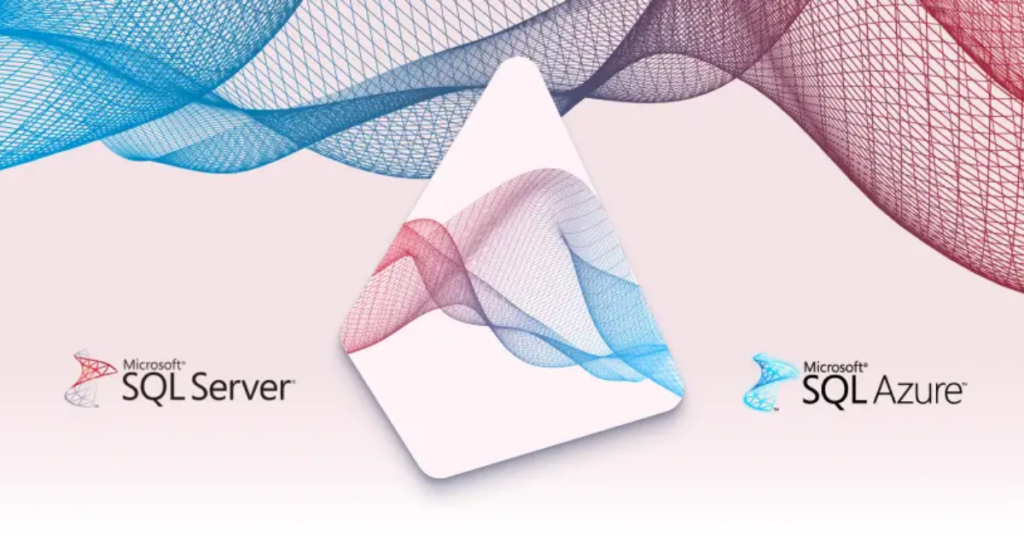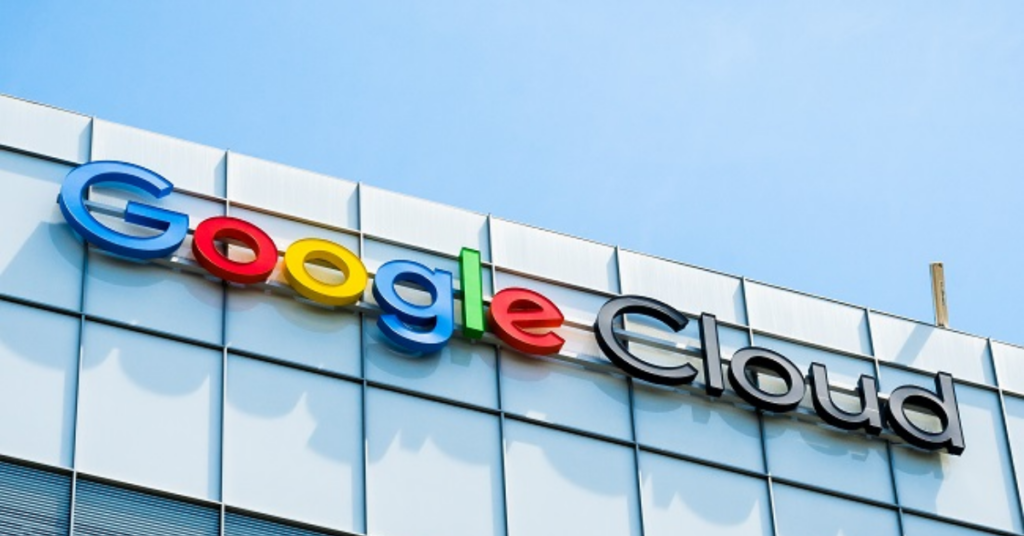Blockchain technology has remained a persistent buzzword in the constantly changing digital transformation landscape. Nevertheless, it is imperative to investigate the areas in which this technology provides genuine value to businesses, particularly medium-sized enterprises, as we progress beyond the initial hoopla.
There is no silver bullet in blockchain. Although it is an intriguing concept with potential applications, it is not the definitive solution to every business challenge. The critical factor is to comprehend its practical applications and constraints in the context of your unique operational requirements and industry.
Supply Chain Management and Blockchain
Supply chain management is frequently promoted as a primary application of blockchain technology. Indeed, Walmart and IBM have garnered attention with their Food Trust blockchain, which facilitates the rapid traceability of products. It is truly remarkable to monitor the journey of a mango from the farm to the table in a matter of seconds. However, let us take a moment to consider whether this level of traceability is a game-changer for your business. Traditional database systems, in conjunction with effective inventory management practices, may be sufficient for numerous medium-sized organisations, without the additional complexity of blockchain implementation.
Institutions such as JPMorgan Chase have investigated blockchain technology for cross-border transactions in the financial sector. The prospect of expedited and more affordable international transfers is alluring. Nevertheless, the advantages may be minimal for businesses that primarily operate within national borders or have established banking relationships. It is imperative to evaluate the potential benefits in relation to the expenses and intricacies associated with the implementation of new systems.
Blockchain in Healthcare and Real Estate
Blockchain is also making strides in the healthcare sector, particularly in the management of patient records. The concept of secure, interoperable patient data is alluring; however, it is imperative to evaluate the practical obstacles. Healthcare providers are required to negotiate intricate regulatory frameworks, legacy systems, and interoperability concerns. The immediate advantages of concentrating on the enhancement of existing systems and the implementation of robust data security measures may be more advantageous for numerous healthcare organisations than a complete transition to blockchain technology.
Real estate transactions on blockchain platforms such as Propy appear to be promising, as they provide enhanced transparency and a reduction in fraud. However, it is important to acknowledge that property transactions are intricate, frequently involving multiple parties, regulations, and local nuances. Blockchain is not a panacea for all the complexities of real estate transactions, despite the potential to simplify certain aspects.
Digital Identity Verification and Voting Systems
Now, we will discuss digital identity verification and voting systems. Voatz and Microsoft are among the organisations that are investigating blockchain-based solutions in these sectors. Although it is imperative to guarantee data integrity and security, it is important to recognise that numerous existing systems can accomplish comparable levels of security without the necessity of blockchain technology when implemented and maintained correctly.
The conclusion? Blockchain is an instrument, not a solution in its own right. Its value is not derived from its novelty, but rather from its capacity to address genuine, urgent business issues more effectively than current technologies. In numerous medium-sized businesses, the absence of historical distrust or the necessity for trustless systems results in blockchain frequently being neglected in favour of more immediate concerns and proven solutions.
Key Considerations Before Adopting Blockchain
Prior to joining the blockchain movement, contemplate the following:
1. What particular issue am I attempting to resolve?
2. Is it possible to effectively resolve this issue using extant, proven technologies?
3. Is the cost and complexity of implementing blockchain outweighed by the benefits?
4. In what ways will this affect our existing systems and procedures?
5. Do we possess the necessary skills to establish and sustain a blockchain solution?
It is important to bear in mind that technology should be used to support your business objectives, rather than the other way around. Although blockchain has its advantages, it is merely one of numerous instruments in the digital transformation toolkit. Your primary objective should be to enhance operational efficiency and resolve your fundamental business challenges. At times, this may entail adopting state-of-the-art technology such as blockchain. At other times, it may involve optimising existing resources.
In conclusion, the genuine evaluation of a technology’s value is not its buzzword status, but its capacity to provide tangible benefits to your business. Therefore, as blockchain continues to develop and establish itself in the business sector, it is crucial to maintain your focus on the objective: solutions that generate tangible, quantifiable enhancements in your operations, customer satisfaction, and profitability. The genuine value is located there, regardless of whether it is associated with blockchain technology.




